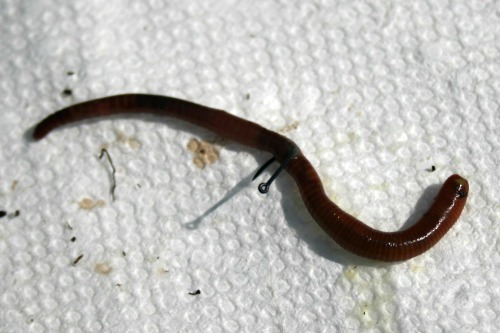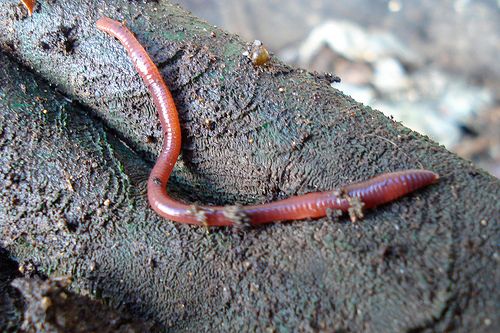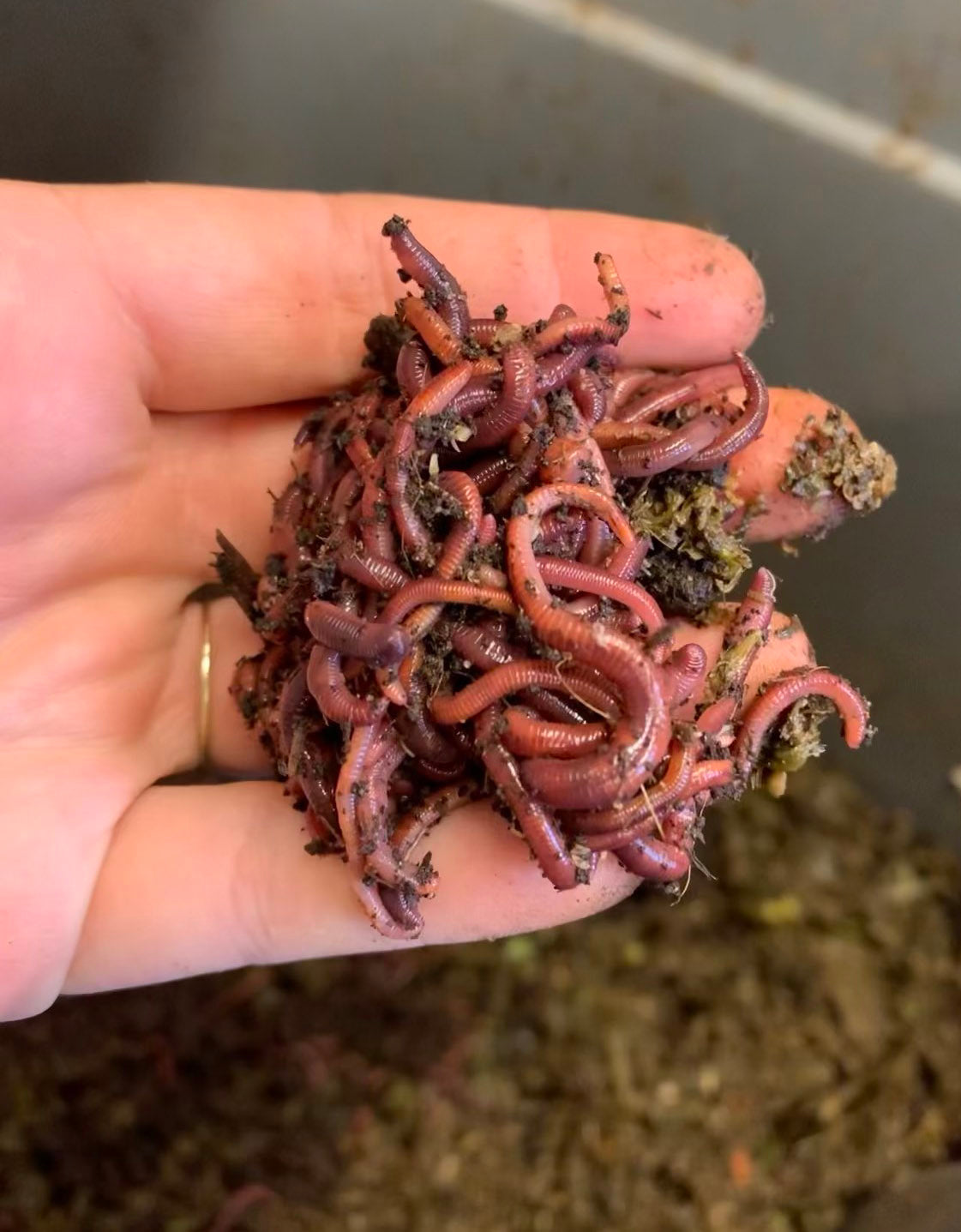Red Wigglers: The Unsung Heroes of Organic Waste Recycling
Red wigglers, or Eisenia fetida, serve as crucial agents in the natural waste recycling process, changing disposed of materials right into useful vermicompost. As the world increasingly looks for options to fight waste accumulation and boost farming productivity, comprehending the role of these worms ends up being necessary.
What Are Red Wigglers?
The impressive resilience of red wigglers, clinically understood as Eisenia fetida, underscores their crucial role in natural waste recycling. These little, reddish-brown earthworms are usually found in breaking down raw material, such as compost heaps and manure loads. Lake Hickory Bait. Unlike other earthworm varieties, red wigglers thrive in nutrient-rich settings and are highly reliable at breaking down natural materials, making them necessary for vermicomposting

Advantages of Composting With Worms
Composting with worms, especially red wigglers, uses countless benefits that boost both waste monitoring and dirt wellness. Initially, these worms effectively damage down organic waste, converting it into nutrient-rich vermicompost that enhances soil. This process speeds up decomposition, permitting a faster recycling of kitchen scraps and various other natural products compared to conventional composting methods.
Furthermore, the vermicompost generated by red wigglers is bursting with valuable microbes, which assist enhance soil framework, aeration, and dampness retention. This boosts the general health of plants, advertising strenuous growth and increased returns in yards and agricultural setups. In addition, using worms in composting reduces the manufacturing of greenhouse gases, such as methane, adding to a more lasting waste administration system.

Exactly How to Beginning Vermicomposting
Establishing a vermicomposting system is a simple procedure that can yield significant benefits for both waste administration and dirt enrichment. To start, choose an ideal container, such as a plastic container or wooden box, with sufficient ventilation holes to make sure correct airflow. The dimensions should ideally be around 2 feet by 3 feet, enabling sufficient area for the worms to prosper.
Following, prepare bed linens product, which can include shredded paper, cardboard, or coconut coir. This bed linens needs to be dampened to develop an ideal environment Red Wiggler Express for the worms. As soon as the bed linens remains in area, present red wigglers (Eisenia fetida) right into the bin, normally around one extra pound of worms for each square foot of surface location.
Following the positioning of worms, include natural waste, such as fruit and vegetable scraps, coffee grounds, and smashed eggshells. With these actions, you will efficiently initiate a vermicomposting system that adds to sustainable waste management and improves your soil.
Maintaining a Healthy And Balanced Worm Bin
Gently mixing the bed linen and food scraps every couple of weeks prevents compaction and guarantees that all worms have access to oxygen. In addition, it is vital to feed the worms appropriately.
Temperature guideline is an additional essential aspect. Red wigglers thrive in a variety of 55 to 77 degrees Fahrenheit. If the bin comes to be too hot or cool, the worms may become stressed - Lake Hickory Bait. Finally, regularly inspect for indicators of health and wellness, such as worm populace development and the existence of healthy and balanced spreadings. By diligently managing these variables, one can keep a durable and effective worm container.
Influence on Lasting Living
The successful maintenance of a worm container not just benefits the health of red wigglers yet additionally adds substantially to sustainable living practices. By reusing natural waste, such as kitchen area scraps and yard particles, red wigglers assist divert substantial quantities of material from landfills. This decrease in waste not only decreases greenhouse gas exhausts but also decreases the environmental burden linked with waste administration.
Furthermore, the spreadings created by red wigglers serve as a nutrient-rich natural fertilizer, boosting soil health and advertising plant growth. This all-natural alternative to chemical plant foods supports lasting agriculture and horticulture methods, minimizing reliance on artificial inputs that can damage environments. In addition, worm composting fosters recognition of waste administration, encouraging people and communities to embrace even more sustainable behaviors.

Final Thought
In recap, red wigglers offer as essential contributors to organic waste recycling through their efficient decay of organic materials. Their capability to create nutrient-rich vermicompost improves soil health and wellness and sustains lasting agricultural methods. By incorporating vermicomposting right into waste administration methods, people and neighborhoods can dramatically lower waste while advertising ecological sustainability. The function of Eisenia fetida in promoting healthy environments highlights the value of these organisms in achieving sustainable living and enhancing dirt fertility.
Comments on “Lake Hickory Bait: A Reliable Provider for Quality Bait and Tackle”